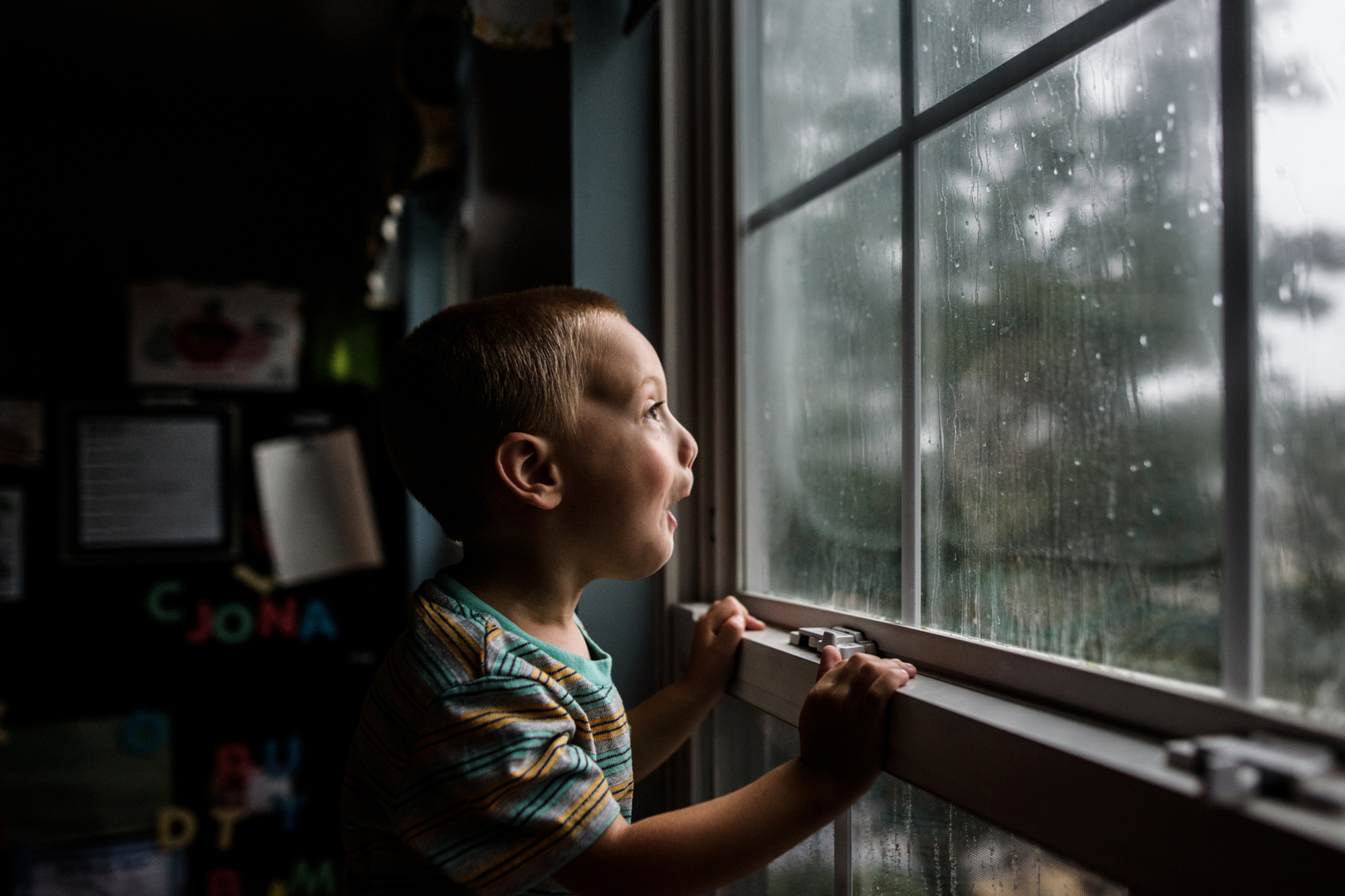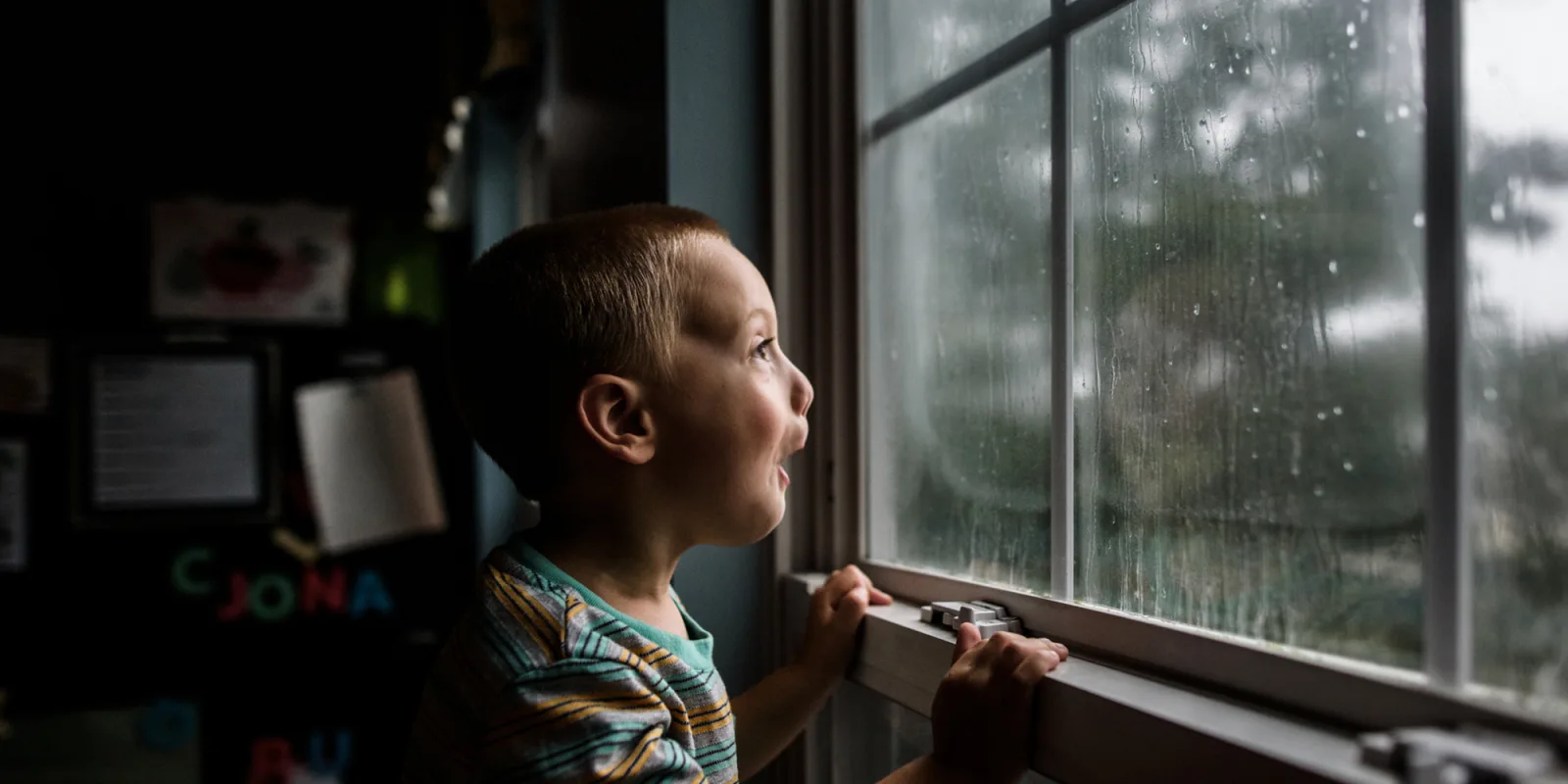
This month, millions of people around the world will be observing Passover, commemorating the story of the Israelites’ escape from ancient Egypt. The Passover meal particularly centers on remembering what they endured and celebrating their freedom from oppression.
On April 12, millions of people will celebrate another religious holiday. Easter commemorates the miracle of the resurrection. In the Christian faith, Jesus epitomized sacrificial love and suffered much at the cost of his life; he died for the sins of mankind but rose to eternal life on the third day, conquering death and securing the gift of salvation for all those who believe.
The stories of both Passover and Easter are stories of perseverance and hope.
Right now, we need both.
In our world currently, we as humanity are facing long suffering hardship and seeking the end of it. This pandemic has disrupted society. People are hurting, sick, and dying. Sometimes it’s hard to see hope and light amidst this dark time. Perhaps one day, though, generations after us will look back, see what we endured, read about how we responded, and commemorate our victory from it. I want to be able to tell the next generation of medical students that we were united in the fight against coronavirus, not divided. Though rotations were suspended, we still stepped up in big and small ways. We made hundreds of phone calls to seek out and advocate for PPE, and emailed hundreds more. We recorded ourselves playing music for patients in the hospital. We staffed helplines at local health departments and aided in contact tracing. We stayed at home for the sake of others and made virtual visits to older adults at assisted living facilities.
Thousands of years ago, the Israelites were waiting inside their homes, hiding in darkness, unsure of the morning to come. Up to this moment, they had already survived through nine plagues, ranging from teeming frogs and painful boils to destructive hail and swarming locusts. When morning did come, they saw that their lives had been spared, but I wonder how the people felt and what they thought before dawn broke. Will we make it through the night? What do I tell my children? What would tomorrow bring? When will this end? These are questions pertinent to today’s climate, too. For many this year, Passover will take on “new meaning and relevance” as we live through a plague-like season; as we wrestle with our experiences during this pandemic, many may notice parallels between these biblical stories and today’s present health issues, posing similar questions, praying for similar hopes. Seder meals and family gatherings will be celebrated differently this year, but the heart of the story remains.
On a Friday two thousand years ago, Jesus died; on Saturday, his followers were likely hiding in fear of persecution, waiting inside their homes, wondering what would happen next. To whom could they go to now? What should they do? Everything was so uncertain to them. Again, this is what we may be experiencing during this pandemic. These are questions we ask. For us, too, it may feel like we are on this second day, the Saturday, waiting for the third; we wonder what will happen between yesterday’s dark clouds and tomorrow’s uncertainty. On that Sunday after his death, Jesus rose to new life, and that same victory over death is offered to us, to any who believe.
Amidst pain and loss of all kinds – financial, educational, relational, and so much more – there exists a sense of desperation and hopelessness within our COVID-ridden world; and yet, a sense of bravery, unity, and perseverance also rise to the fore, reminding ourselves that we are not alone. Although our Passovers and Easters will look differently this year, one day this pandemic will indeed end and together we can meet once more. For now, as we are in the thick of journeying through this crisis, let us remind ourselves and each other that there will always still be hope. Despite the darkness, there is still light; despite the pain and hurt, there is still kindness and joy. As Passover and Easter approach, let us be reminded of these stories of perseverance, and that there is still hope of a better tomorrow.
Anna Delamerced is a medical student at the Warren Alpert Medical School of Brown University. Born and raised in Cincinnati, Ohio, she enjoys exploring the crossroads of writing and medicine, and listening to patients tell their stories. Anna is a Doximity 2019-2020 Fellow.







